18 GPTs for Personalized Skincare Powered by AI for Free of 2026
AI GPTs for Personalized Skincare are advanced artificial intelligence models, specifically designed to cater to the diverse and complex needs within the skincare domain. These GPTs (Generative Pre-trained Transformers) utilize vast amounts of data to provide tailored skincare advice, product recommendations, and personalized treatment plans. By analyzing individual skin types, concerns, and preferences, these tools offer customized solutions, revolutionizing how consumers and professionals approach skincare.
Top 10 GPTs for Personalized Skincare are: AI Beauty Assistant (Skincare Expert,Cosmetics),Skin Care Advisor | Cosmetics Budgeting,SkinCare Assistant,SkinGuru,Skin Specialist,SkinGenius | Skin Health and Product Expert,RAU Hauttypberatung,Latest Beauty & Makeup Innovations,Skincare Sage,SkinSavvy
AI Beauty Assistant (Skincare Expert,Cosmetics)
Empowering beauty decisions with AI
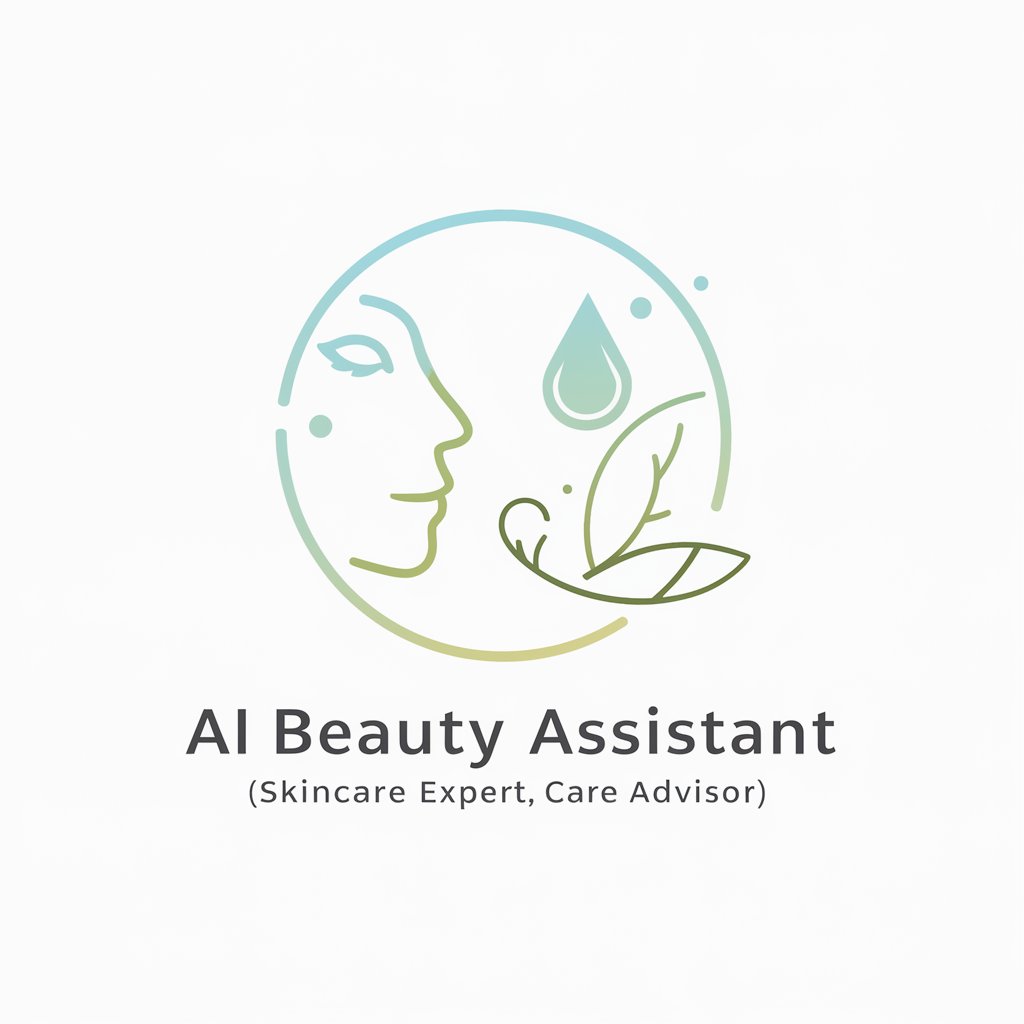
Skin Care Advisor | Cosmetics Budgeting
Tailored skincare advice at your fingertips.
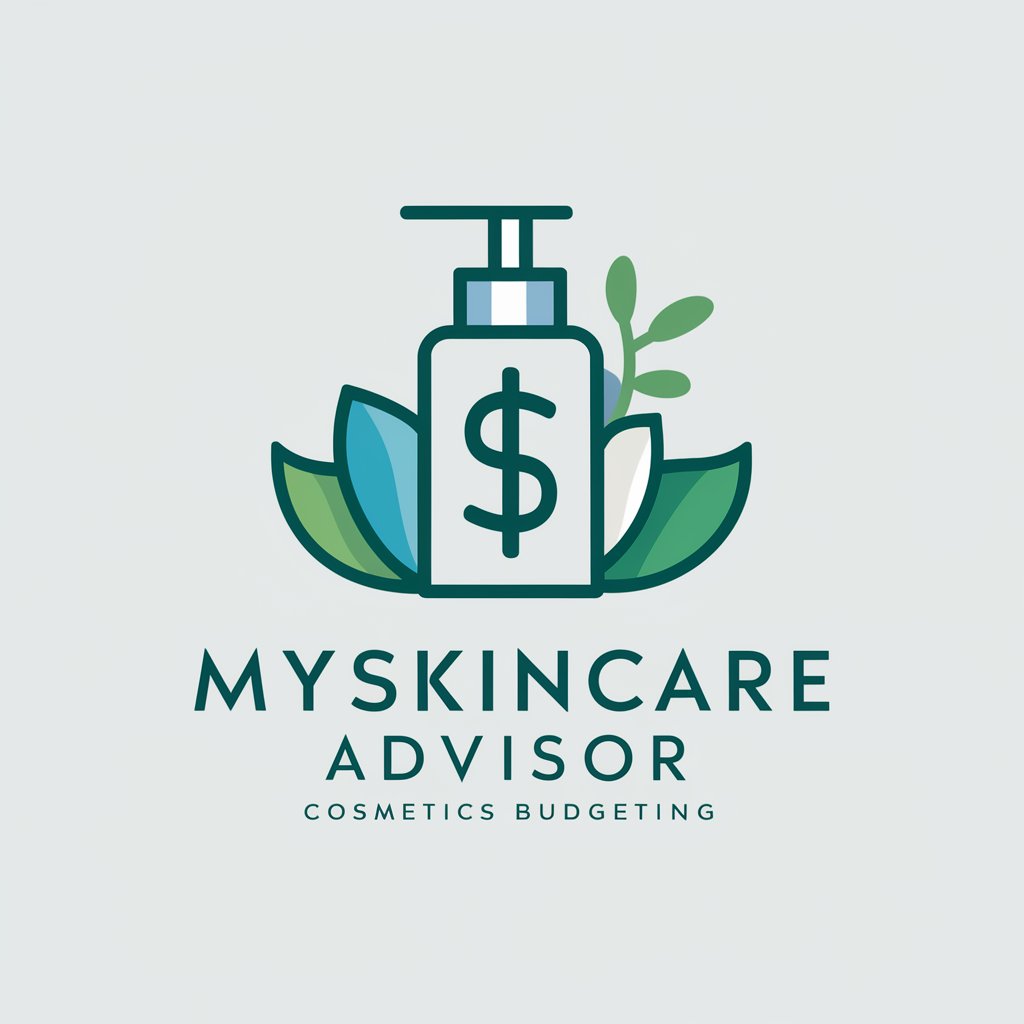
SkinCare Assistant
Empowering Your Skincare Journey with AI
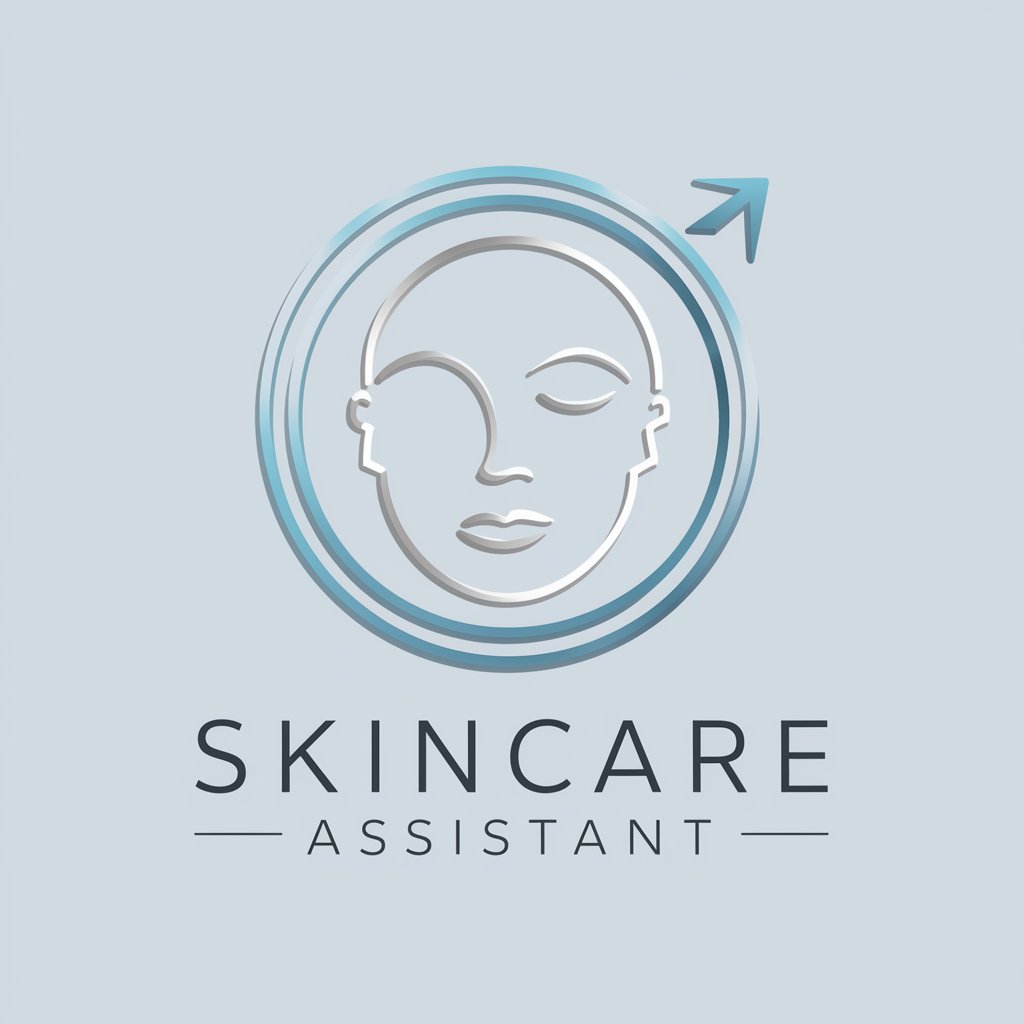
SkinGuru
Your AI-powered Skincare Companion
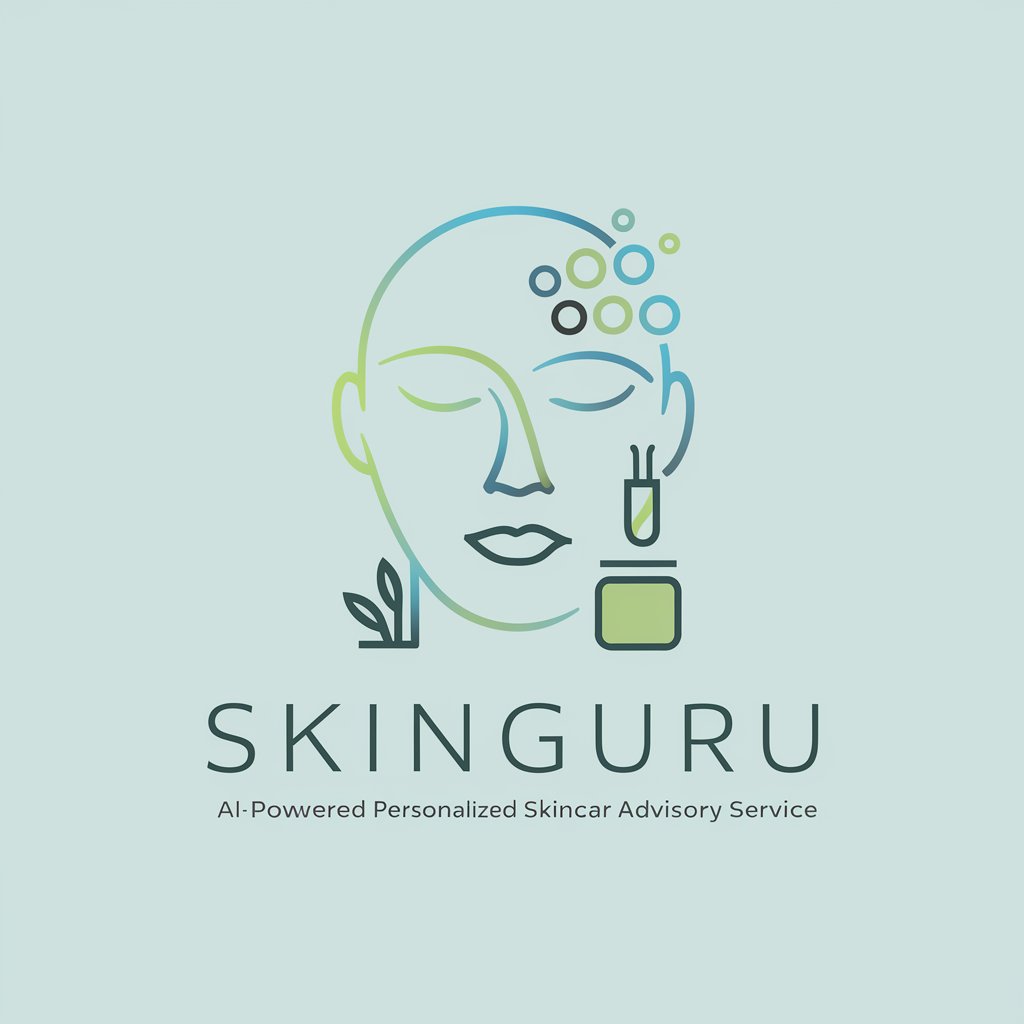
Skin Specialist
Transforming Skincare with AI Analysis

SkinGenius | Skin Health and Product Expert
AI-Powered Personalized Skincare

RAU Hauttypberatung
Tailored skincare at your fingertips.

Latest Beauty & Makeup Innovations
Empowering Beauty Choices with AI

Skincare Sage
Tailored Skincare, Powered by AI
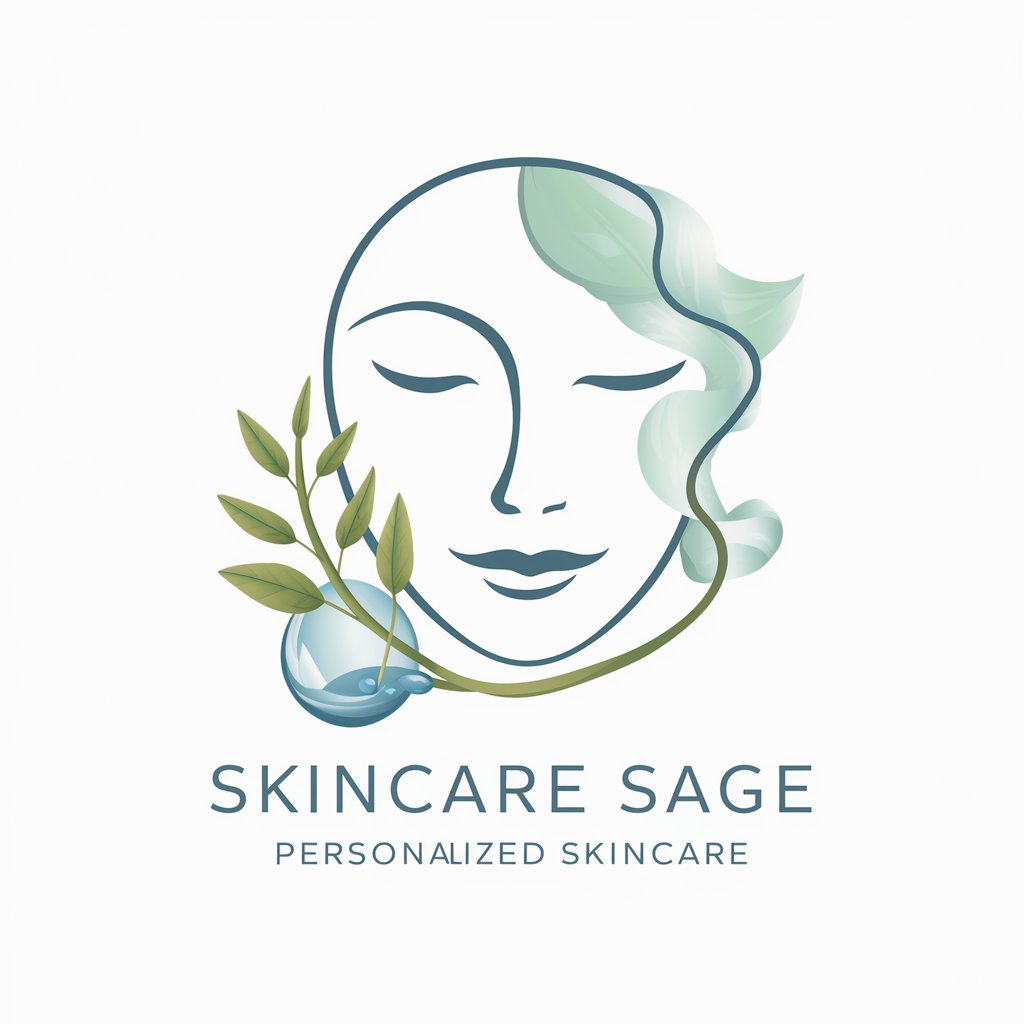
SkinSavvy
Empowering Your Skincare Journey with AI
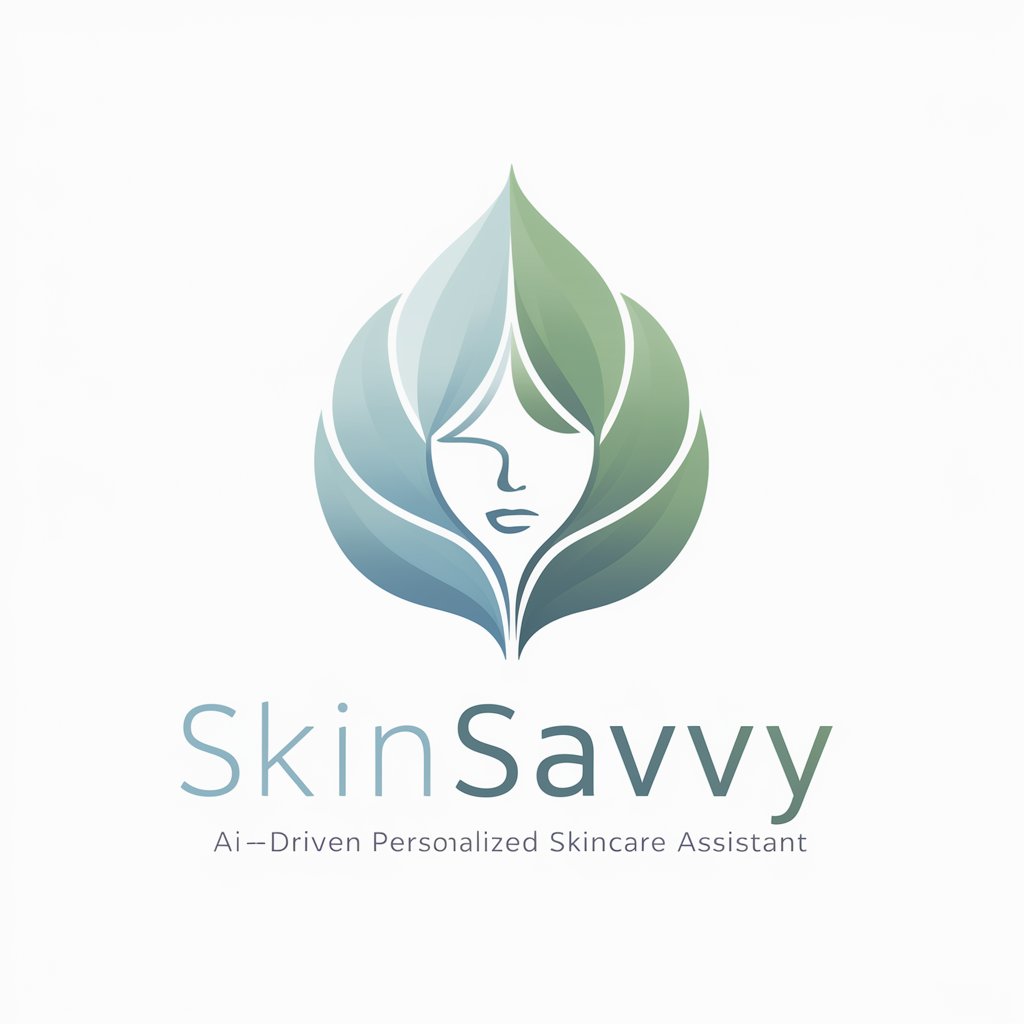
Skincare Champion
Transform Your Skin with AI
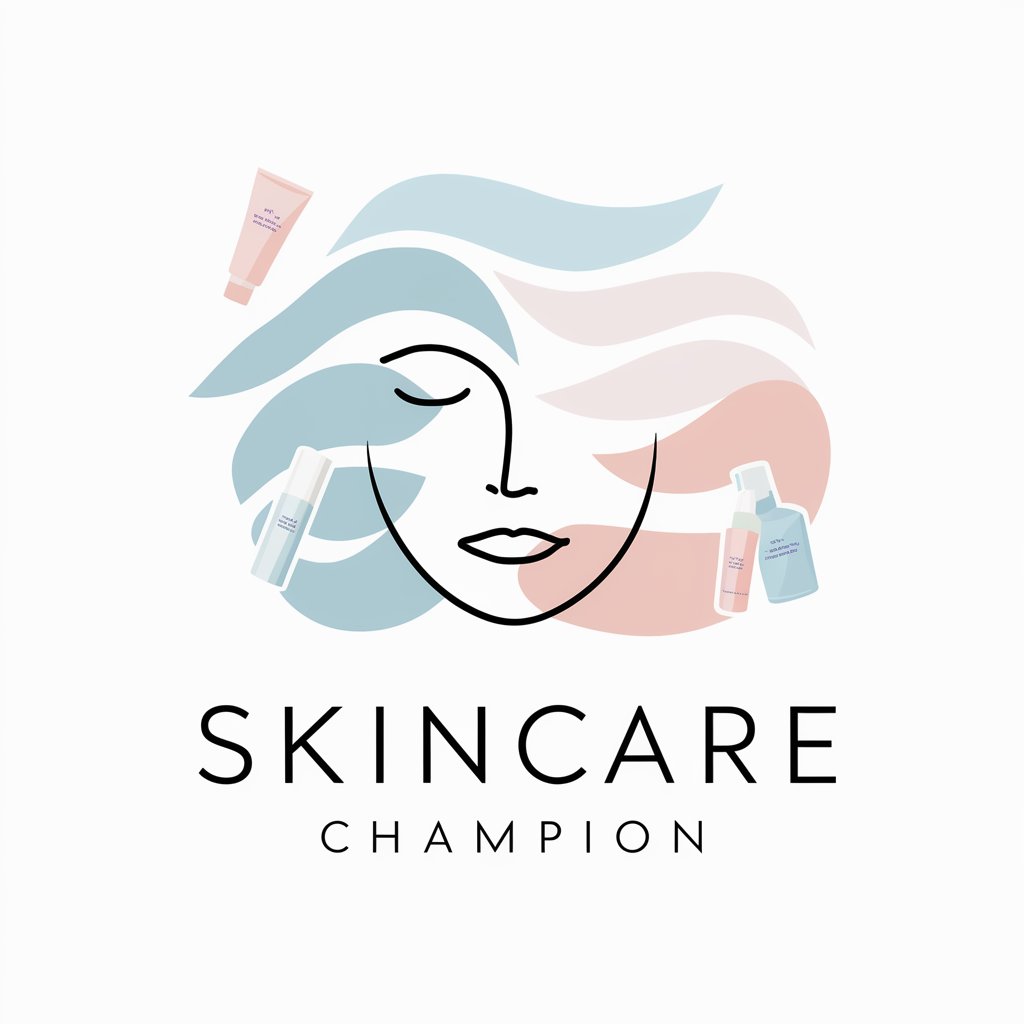
BeauScore Dermatological
AI-Powered Beauty Enhancement Insights

Organic Skincare & Beauty Advisor
Empowering your beauty with AI-powered organic insights.

肌肤助手
Empower Your Skin with AI
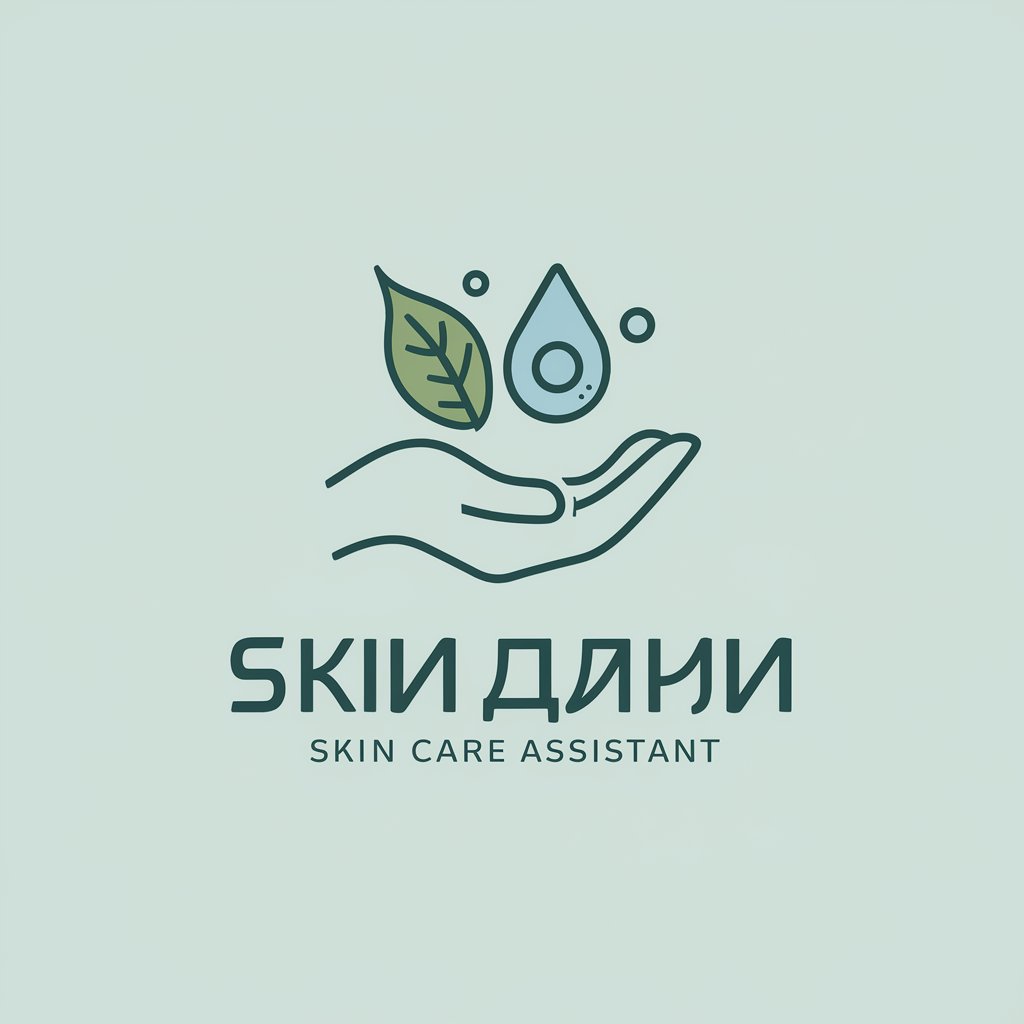
Acne Control Coach
Revolutionizing Acne Care with AI

BeautyGuru
AI-Powered Beauty Customization at Your Fingertips

Glamour Guide - Beauty & Grooming Expert
Tailoring beauty with AI precision

肌肤顾问
Your AI-Powered Skincare Companion

Key Features of AI GPTs in Personalized Skincare
These AI tools boast several unique characteristics, including adaptability across various skincare needs, from recommending daily skincare routines to addressing specific skin issues. They are capable of understanding and processing natural language, enabling them to interact with users in a conversational manner. Special features include image analysis for skin assessment, integration with technical databases for up-to-date product information, and personalized report generation. These capabilities ensure a highly tailored and informed skincare experience.
Who Benefits from Personalized Skincare AI
AI GPTs for Personalized Skincare serve a broad audience, including skincare enthusiasts looking for bespoke advice, dermatologists seeking advanced diagnostic tools, and cosmetic companies aiming to offer personalized product recommendations. The accessibility of these tools makes them suitable for individuals without technical expertise, while also providing extensive customization options for developers and professionals in the skincare industry.
Try Our other AI GPTs tools for Free
Anti-Aging Solutions
Discover how AI GPT tools for Anti-Aging Solutions are transforming the landscape with personalized insights, advanced analysis, and innovative applications in the fight against aging.
Clear Skin
Discover personalized skincare solutions with AI GPTs for Clear Skin, leveraging advanced AI for tailored advice, product recommendations, and more.
Retro Inspiration
Unlock the past with AI GPTs tailored for Retro Inspiration. Explore, create, and innovate with tools designed to bring a touch of nostalgia to modern projects.
Sailing Itineraries
Discover AI-powered Sailing Itineraries tools designed to optimize your sailing plans with route suggestions, weather forecasts, and safety tips, tailored for every sailor.
Lesson Transformation
Explore AI GPTs for transforming lessons into engaging, personalized learning experiences, designed for educators, students, and developers.
Evaluation Optimization
Discover AI GPTs for Evaluation Optimization: Tailored AI solutions for efficient and accurate performance, quality, and data evaluations across multiple sectors.
Expanding the Scope of Personalized Skincare through AI
AI GPTs are transforming the skincare industry by enabling highly personalized and efficient solutions. Their ability to learn and adapt to new information ensures that recommendations stay relevant and beneficial. Furthermore, the integration of these tools into consumer and professional platforms enhances decision-making processes, making advanced skincare accessible to a wider audience.
Frequently Asked Questions
What exactly is AI GPT for Personalized Skincare?
AI GPT for Personalized Skincare refers to intelligent systems that leverage generative pre-trained transformers to offer customized skincare advice and solutions based on individual user data.
How do these AI tools personalize skincare advice?
By analyzing user inputs such as skin type, concerns, and preferences, coupled with image analysis and data-driven insights, these tools provide tailored recommendations and treatments.
Can AI GPTs recommend specific skincare products?
Yes, through integration with up-to-date databases, these tools can suggest products that match the user's skin needs and preferences.
Are these tools accessible to individuals without coding skills?
Absolutely, these AI GPTs are designed with user-friendly interfaces, making personalized skincare accessible to everyone.
How can professionals in the skincare industry benefit from these tools?
Professionals can use these AI tools for enhanced diagnostic support, personalized treatment planning, and to stay updated with the latest skincare trends and products.
Can these AI models integrate with existing skincare apps or websites?
Yes, they are designed to be adaptable and can be integrated with existing systems to enhance functionality and user experience.
Do these AI tools support multiple languages?
Many AI GPTs for Personalized Skincare are equipped with multilingual capabilities, making them accessible to a global audience.
Are there privacy concerns with using these AI skincare tools?
Developers of AI GPTs prioritize user privacy, ensuring data is handled securely and in compliance with privacy regulations. However, users should review privacy policies for specific tools.